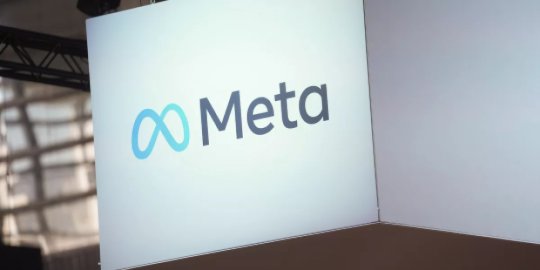
In a bold move that signals a shift towards a more interconnected digital communication landscape, Meta is finalizing updates to Messenger and WhatsApp. These updates are in response to the European Union's latest anti-monopoly laws, designed to break down the walls between different messaging services. This means European users could soon enjoy the unprecedented convenience of sending and receiving messages across various platforms, directly from their preferred Meta app.
The initiative is not without its complexities. To achieve this level of interoperability, third-party messaging services will be required to enter into agreements with Messenger and/or WhatsApp. These agreements will outline stringent conditions to ensure seamless integration while maintaining Meta's control over the partnership's quality and security. This safeguard comes alongside a legal framework that allows Meta to disconnect any service that fails to abide by its standards, ensuring a reliable and secure messaging ecosystem for all users.
A significant focus of these updates is on maintaining robust security measures, specifically end-to-end encryption (E2EE), which is a cornerstone of WhatsApp's user privacy guarantees. The new EU regulations mandate Meta to uphold these high-security standards, prompting the company to recommend the use of the Signal protocol for E2EE by third-party services. This protocol is widely acknowledged as the benchmark for secure messaging, although Meta is open to alternatives that provide comparable security assurances. This approach underscores Meta's commitment to user privacy while fostering a more inclusive digital environment.
Initially, the rollout will enable essential functionalities including text messaging between individuals, sharing of images, sending voice messages, and video sharing, with intentions to expand these capabilities to include group messaging at a later stage. This incremental implementation strategy enables Meta to effectively address the technical and security issues associated with merging different messaging platforms, ensuring a seamless and intuitive user experience. This development marks an important move towards fostering a more open and competitive digital marketplace within the EU, aligning with the goals of the Digital Markets Act (DMA).
The implementation of these new regulations is poised to significantly alter the dynamics of online communication across the European Union. The ability for messages to flow freely across different platforms could revolutionize the way we interact digitally, potentially spurring further innovation and competitive practices in the tech industry. Although the ultimate effects of these regulations are yet to be fully realized, Meta's initiative to align with the DMA and improve interconnectivity for users in Europe signals an intriguing development in the digital communication narrative.